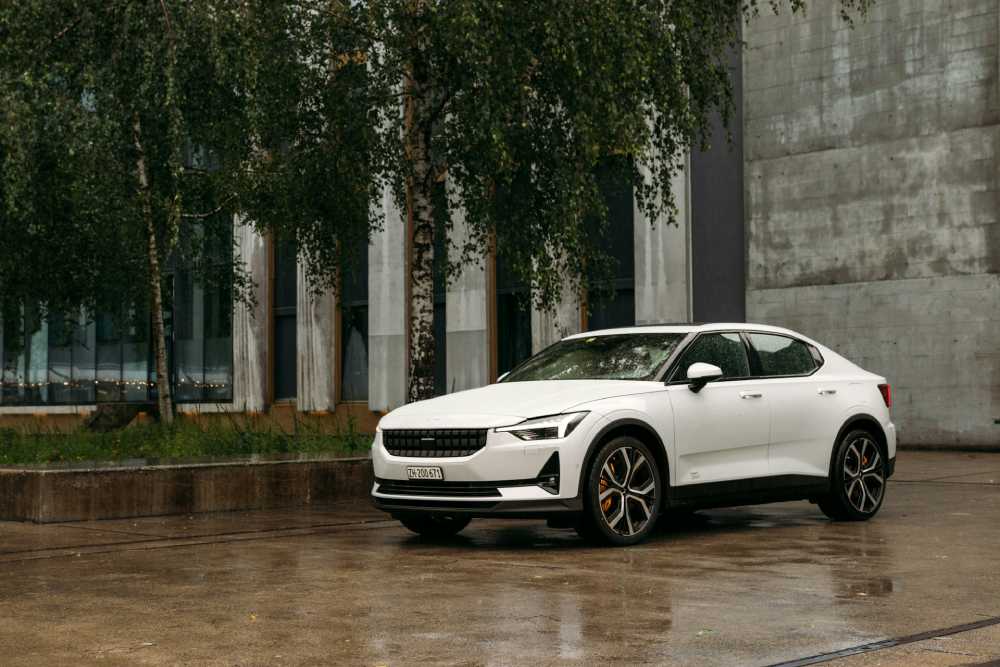
Buying a car today has become more complex due to the greater number of power options. Do you go with a traditional gas engine, and if so, how big? Is an electric vehicle a good choice for you? Then there are hybrids.
These cars utilize both gas and electric engines and you see quite of few of them on the streets. The hybrid has become popular in spite of the generally higher sticker price compared to a gasoline engine. Do the upsides justify the extra cost? Consider the pros and cons.
Hybrid Engines
If you are thinking about getting a new car, such as a new Acura for sale, you may be considering a hybrid. As the name implies, a hybrid car has an internal combustion engine as well as an electric motor and rechargeable battery pack. This combination reduces emissions that are harmful to the environment and greatly increases fuel efficiency.
At lower speeds and when the situation requires less power, the electric motor provides that power to the drive train. When more power is needed, such as for rapid acceleration or higher speeds, the gas engine runs and powers the vehicle. These dual power plants provide a best-of-both-worlds solution to the problem of power vs. emissions.
Pros of Hybrids
Hybrid cars have plenty of upsides which is why you see so many people driving them.
Fuel Efficiency
Since they use the electric motor so frequently, hybrid cars boast incredible fuel efficiency far beyond that of the best gas-powered vehicles. This makes them more economic and friendly to the environment.
Environmental Benefits
In addition to using less gasoline, hybrid cars have greatly reduced emissions of harmful gases. They have a reduced carbon footprint and do far less damage to the environment than traditional internal combustion engines.
Tax Benefits and Incentives
The Federal government recognizes the value of hybrid vehicles in helping the environment and fuel conservation and offers tax benefits and incentives to people who drive them. Check with the U.S. Department of Energy to see what is available while you consider buying a hybrid.
Regenerative Braking
Another economic advantage to a hybrid is that under heavy braking, the motor draws from the kinetic energy and helps slow the car while charging the battery. This makes braking safer and more efficient, saves fuel, and extends the life of brake pads, which saves you money.
Cons of Hybrid Vehicles
Although they have a big upside, there are a few factors that may discourage you from buying a hybrid.
Higher Cost
Because of the greater technology in their components, hybrids cost more than most gas-powered cars. Depending on your budget, this may prevent you from purchasing one.
Reduced Power
Although they are well suited to normal driving conditions, hybrid cars have less power and performance than gas vehicles. If horsepower is important to you, you may not want to drive a hybrid.
Make Your Choice
Hybrid cars are more expensive and less powerful than gas cars, but the fuel efficiency, savings on operation, and positive impact on the environment make them worth considering despite the added cost.



Leave a Reply
You must be logged in to post a comment.